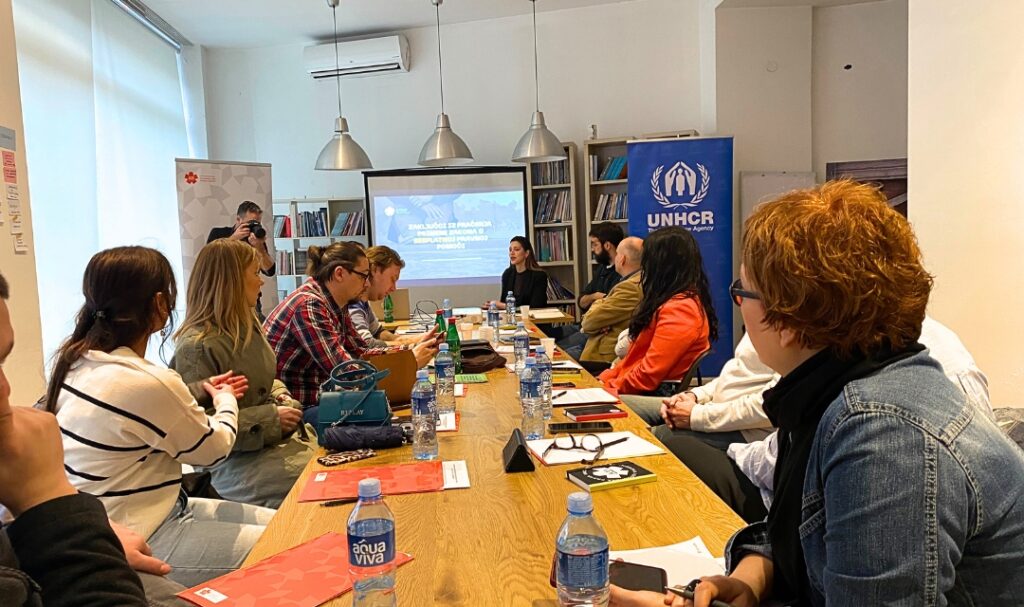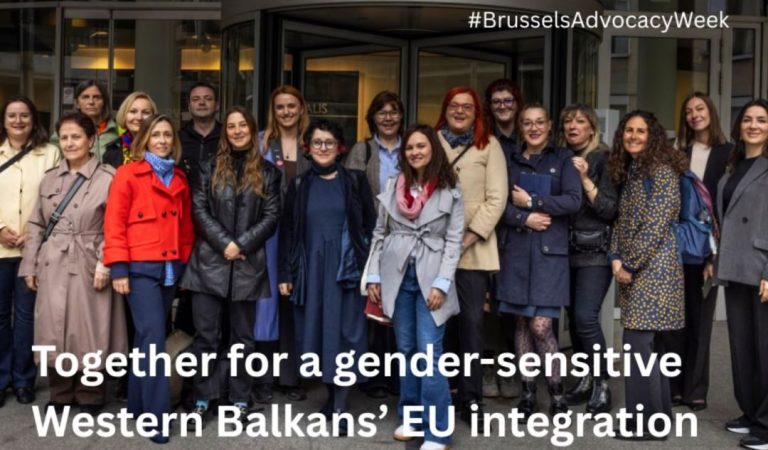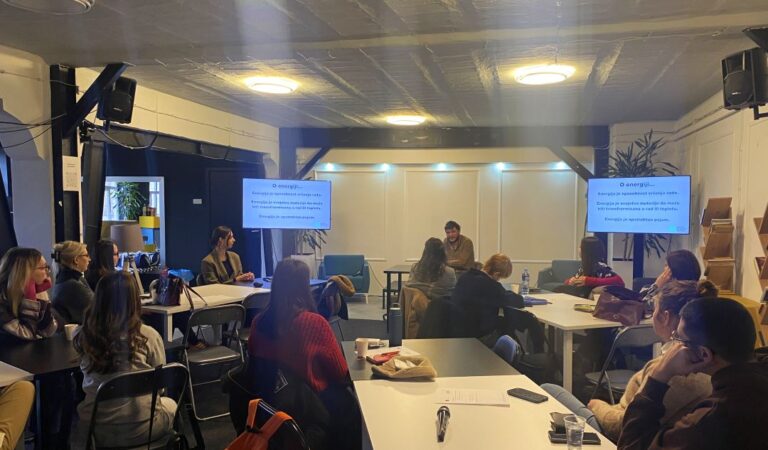Despite being established in Serbia for four years, free legal aid remains out of reach for those in greatest need.
The unnecessarily complicated process of accessing free legal aid (FLA) may deter even the most determined individuals from participating in this administrative process, with slim chances of actually obtaining the needed assistance.
The A11 Initiative research “Key Findings on the Implementation of the Law on Free Legal Aid in 2023” presented today at the Belgrade Human Rights House highlights a worrying trend where neither local self-government units nor lawyers, the designated entities for addressing this matter, show any inclination to represent the most vulnerable.
This research summarizes all the problems that are very visible in practice when it comes to the implementation of the Law on Free Legal Aid, but despite this, there has been no significant revision of the legal limitations, ambiguities, and inconsistencies highlighted by our team.
Representatives of the civil sector, trade unions, Ministry for Human and Minority Rights and Social Dialogue, UNHCR, and the media attended the presentation at the Belgrade Human Rights House, where our team briefed them on the research findings and exchanged opinions and experiences.
The A 11 Initiative representatives, including author Jovana Nikolić, legal advisor Uroš Ranđelović, and program coordinator Danilo Ćurčić, discussed the research.
The goal of the A 11 Initiative is bringing together individuals who are keen on starting the process of revising this law, with a focus on resolving the contentious sections and implementation challenges in the interest of the most vulnerable segments of the population.
THE CRUX OF THE ISSUES WITH THIS LAW
The Law on Free Legal Aid has been in effect since October 1, 2019. A recent study conducted by A 11 – Initiative for Economic and Social Rights covers interviews with staff members in municipal administrations, legal professionals, and vulnerable groups/individuals.
Specifically, out of nine staff members involved in providing free legal aid in cities and municipalities in Serbia, seven confess to only partially enforcing the law – often finding its implementation impossible.
The deadlines are excessively short, there is a scarcity of staff, and a particular challenge is the prevalent disregard for the law evidenced by the failure of most local government units to establish a free legal aid service for their community.
Among the lawyers who have registered with the bar association as FLA providers, a considerable number are hesitant to take on these positions because of the “lower tariff.” Additionally, a large number of them lack the necessary specialization or training to assist marginalized citizens who need free legal aid (for example, recipients of financial social assistance, homeless individuals, residents of Roma settlements, victims of violence, asylum seekers, etc.).
Legal aid should be genuinely free and easily accessible to users, with funding coming from local government units or the state. The research conducted by the A 11 Initiative has shown that FLA services can be unprofitable at times, making it hard for providers to be adequately “compensated” for their work.
The availability of free legal aid goes unrecognized by most citizens from vulnerable groups – this critical option is not widely advertised in the public sphere.
While this law was being adopted, there were concerns raised in the media regarding the potential constraints it would impose on citizens’ associations in providing free legal assistance. This has turned out to be the case, which is another in a series of problems meticulously documented in the new analysis conducted by the A 11 Initiative.
The full research is available on the A 11 Initiative website.



